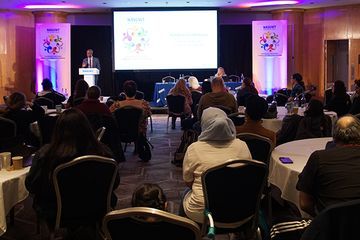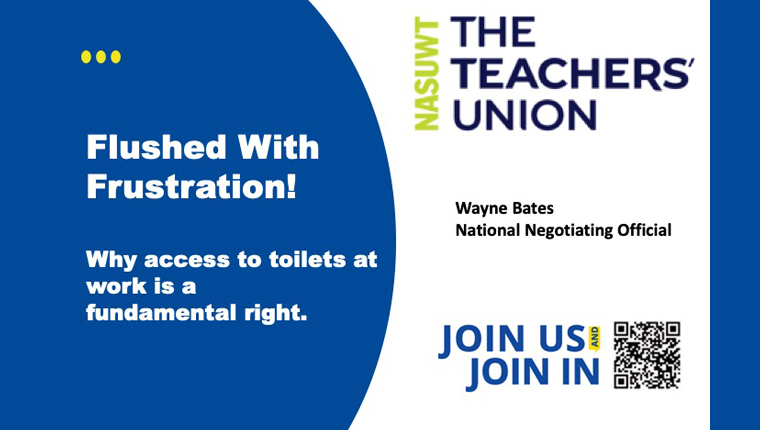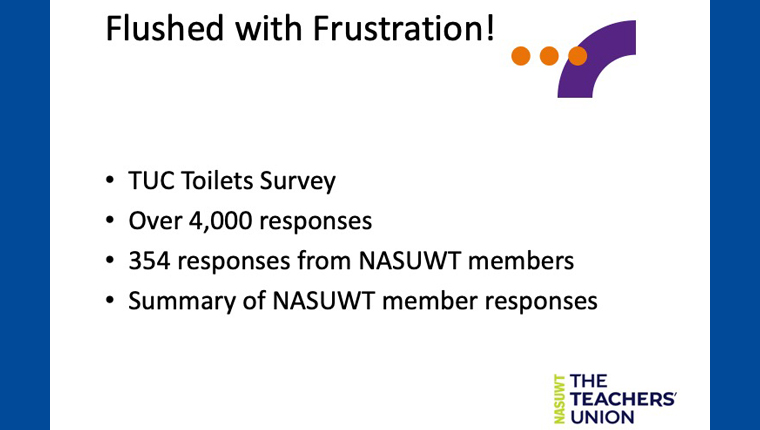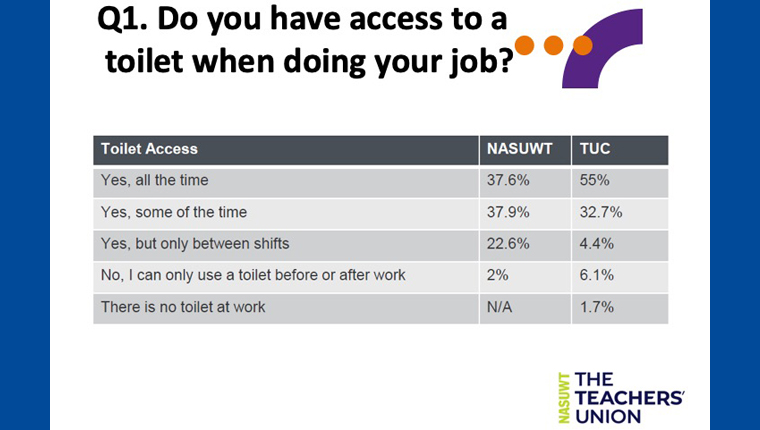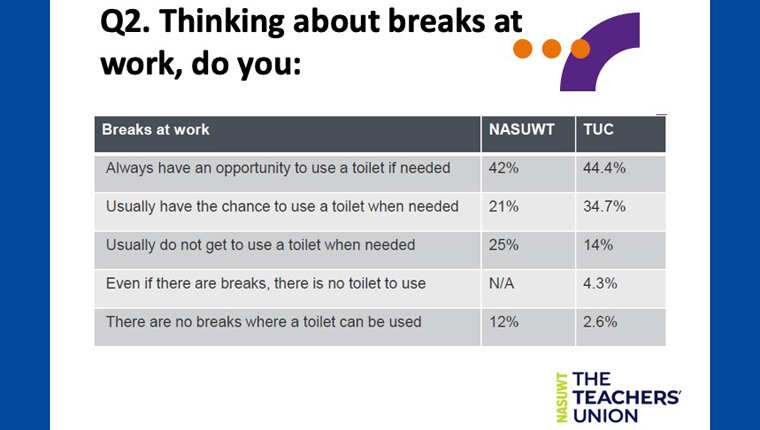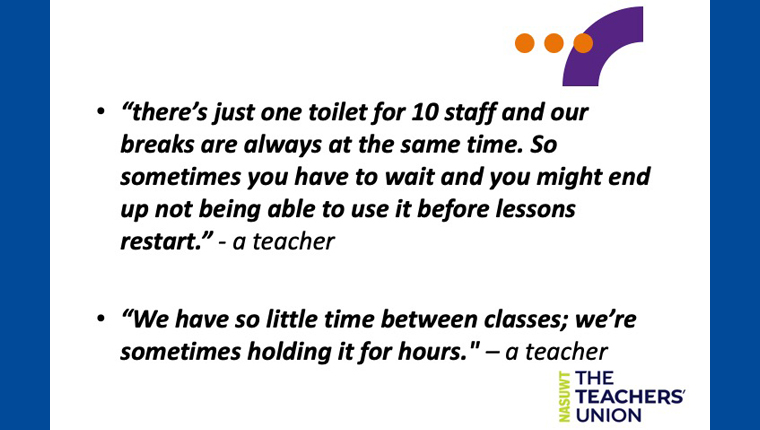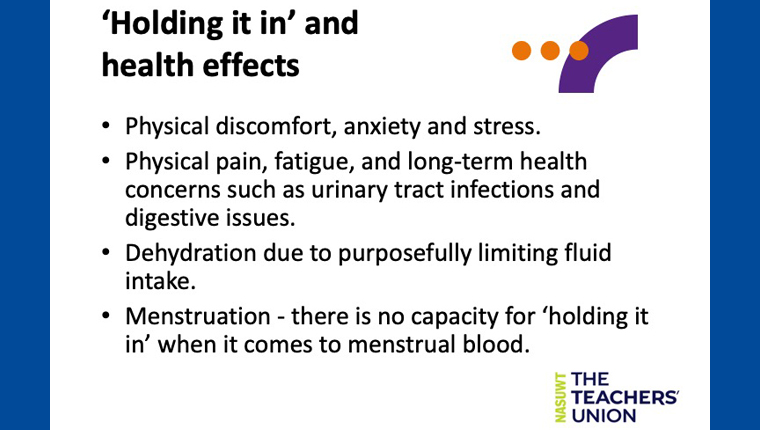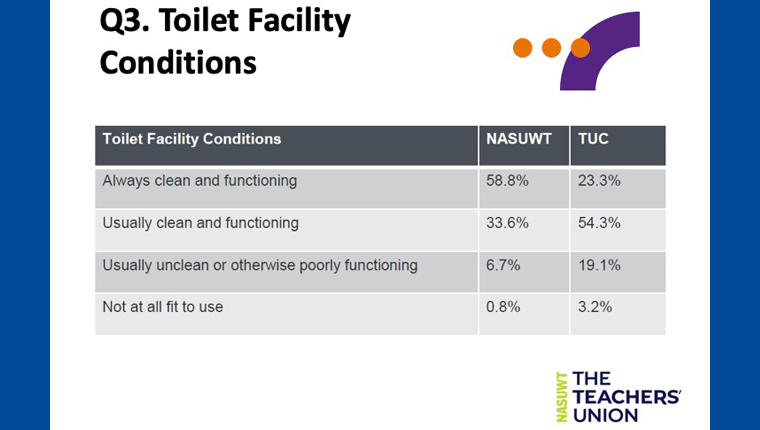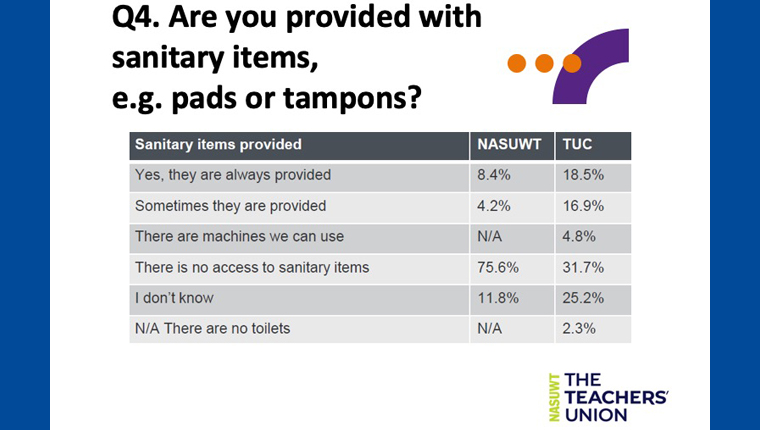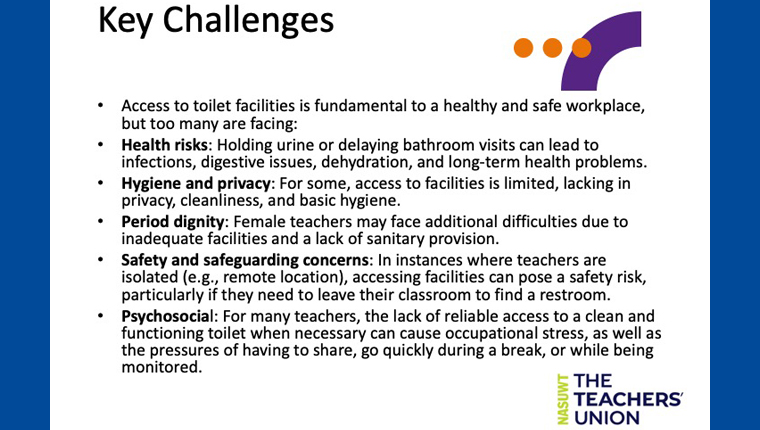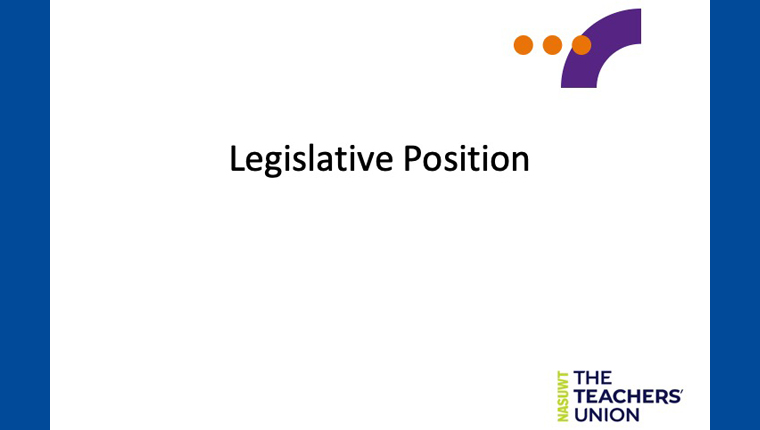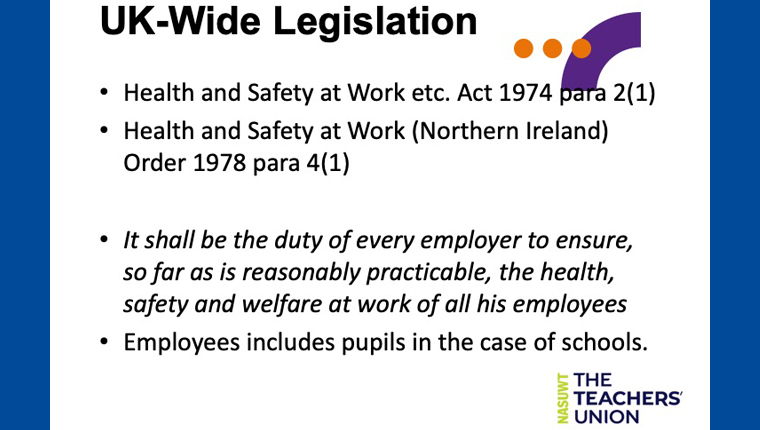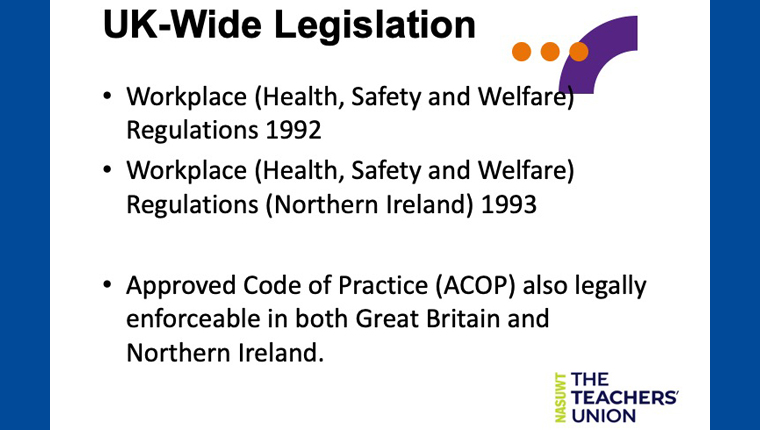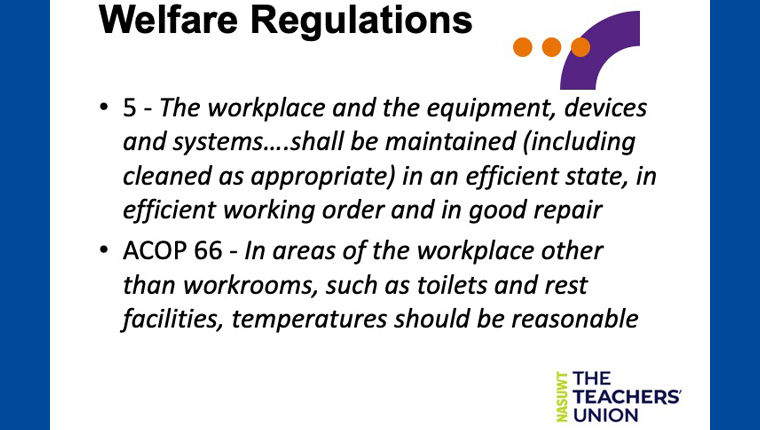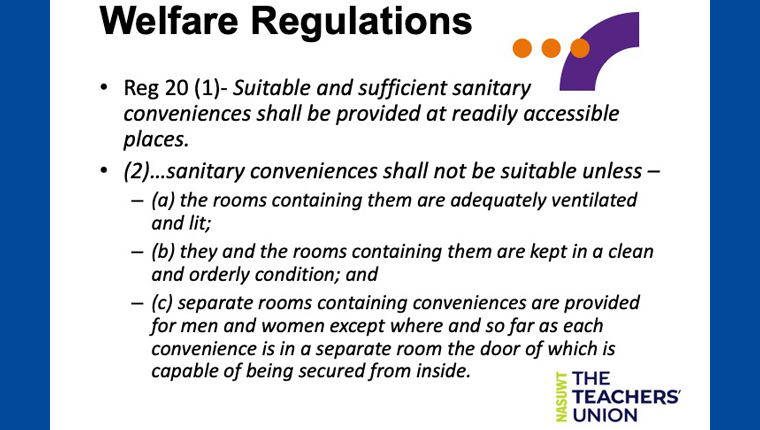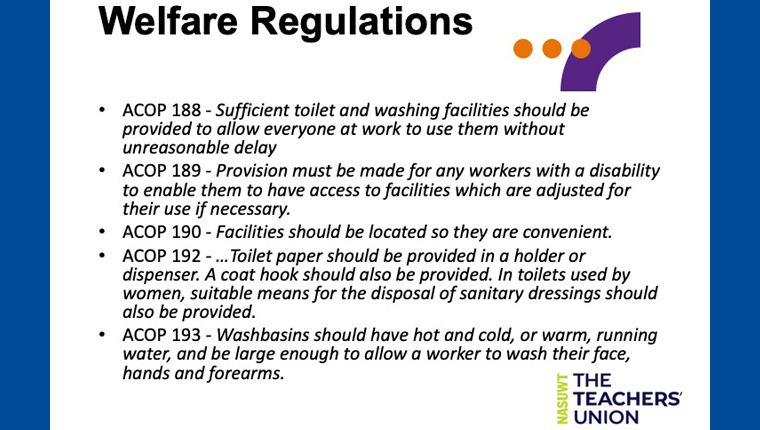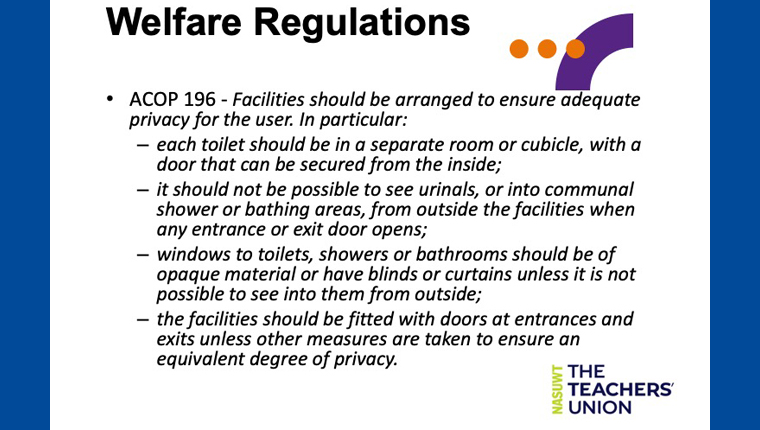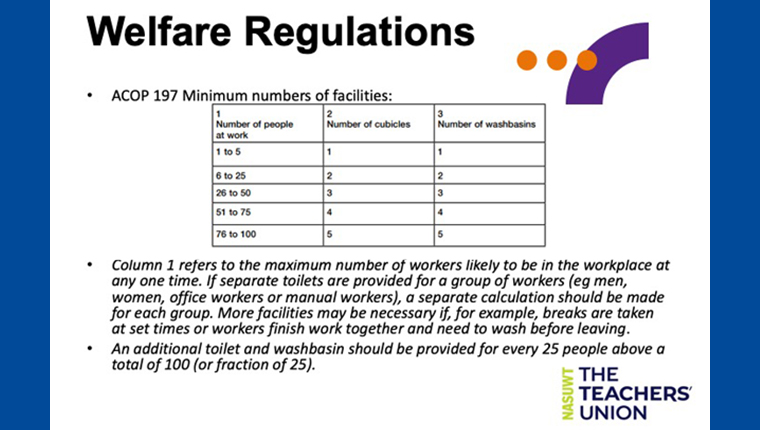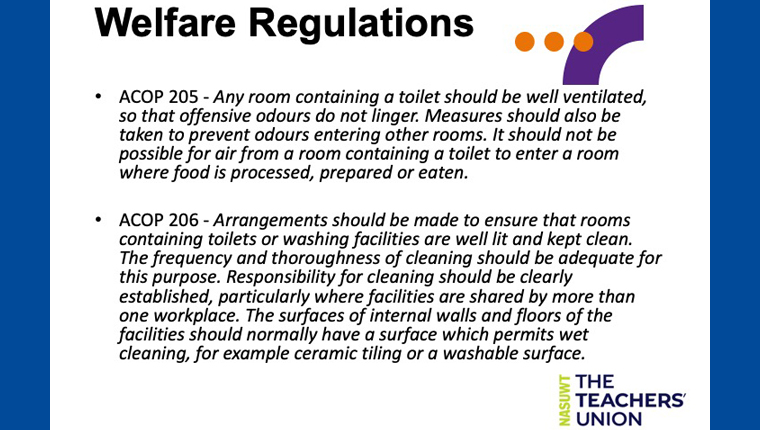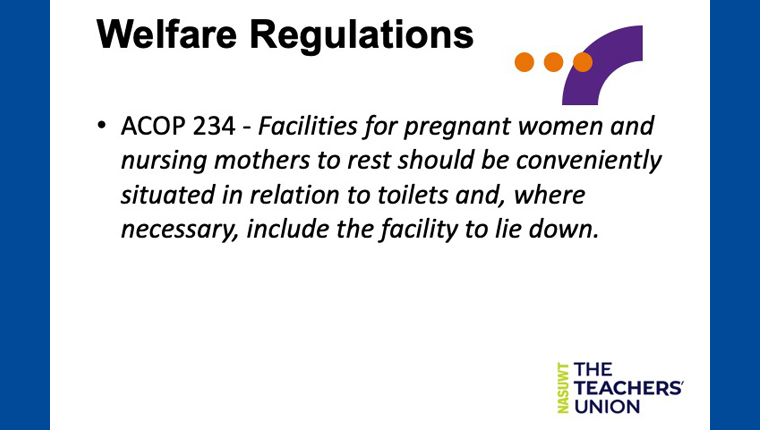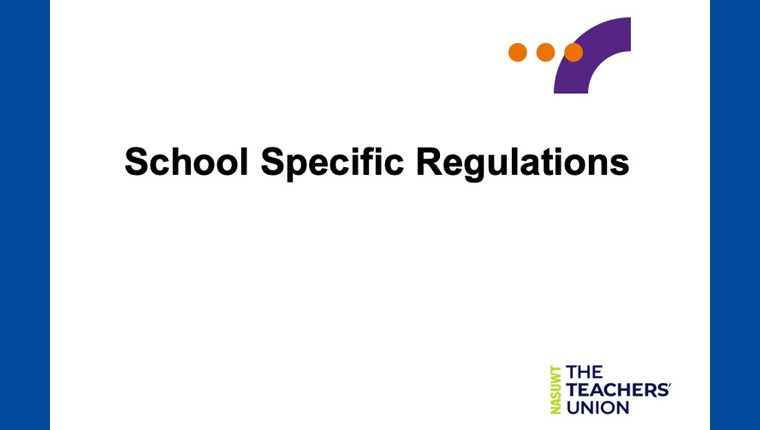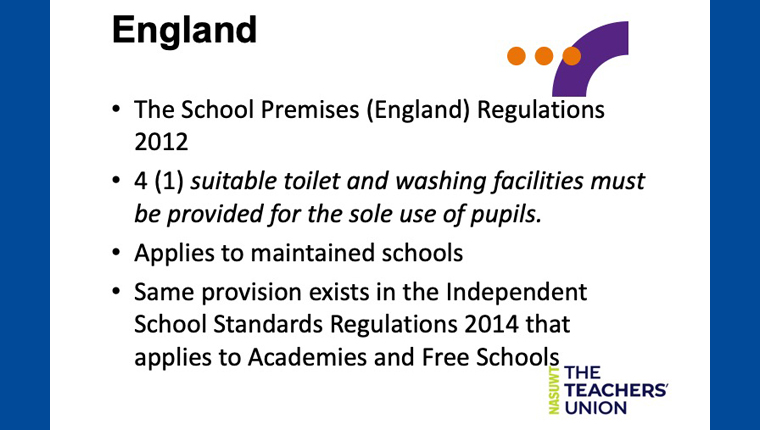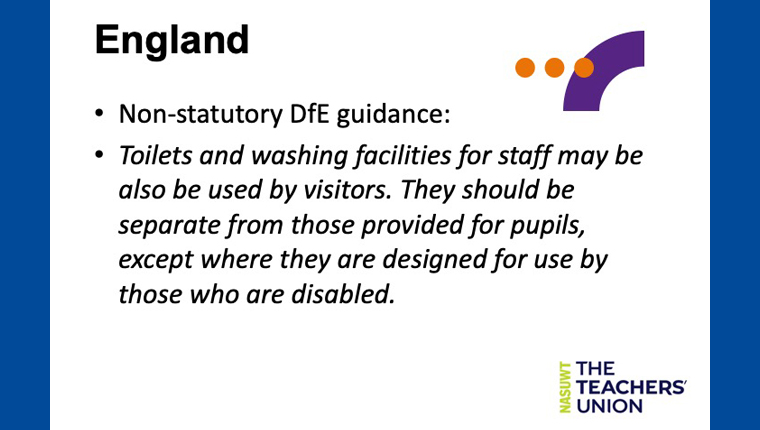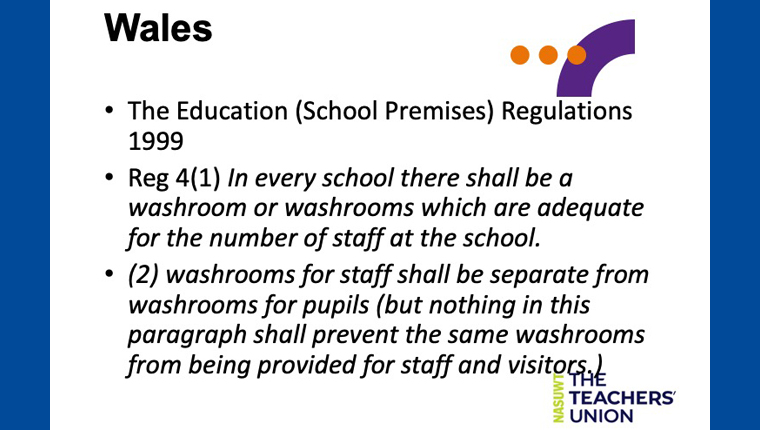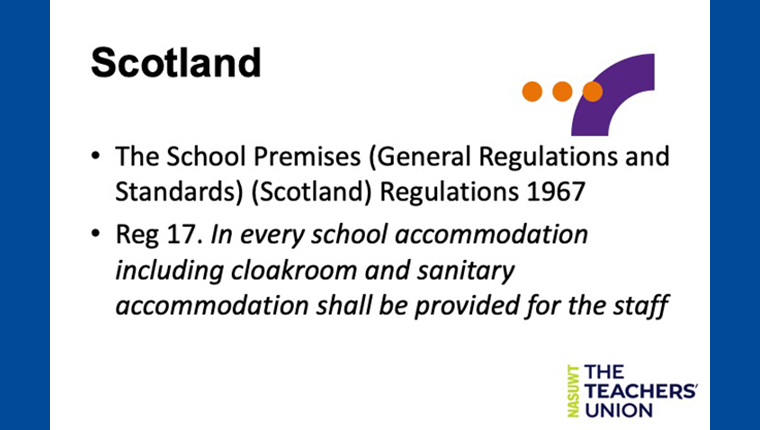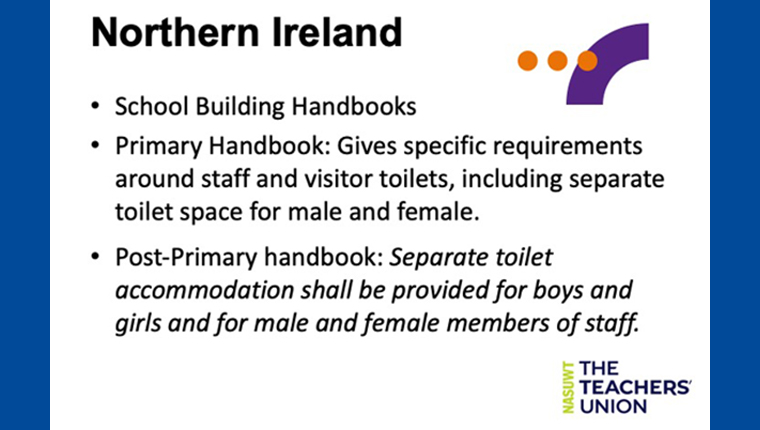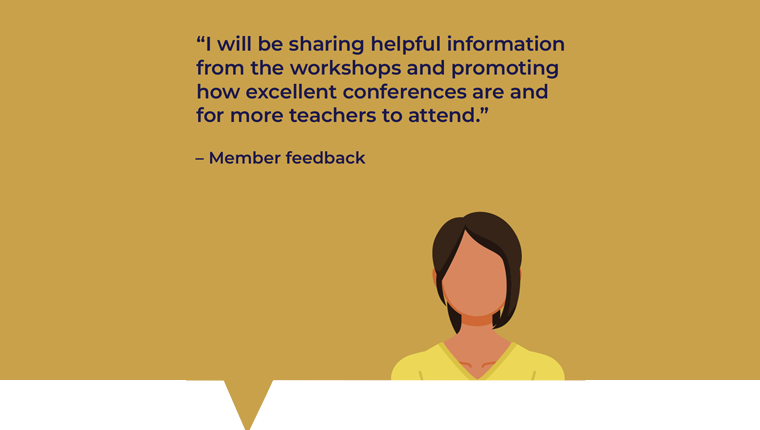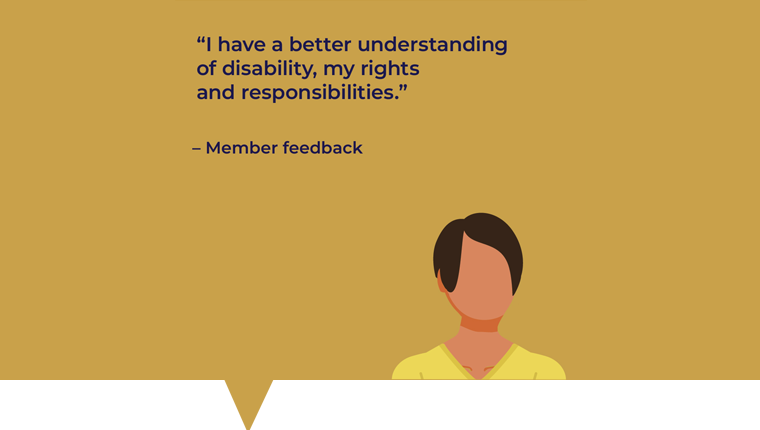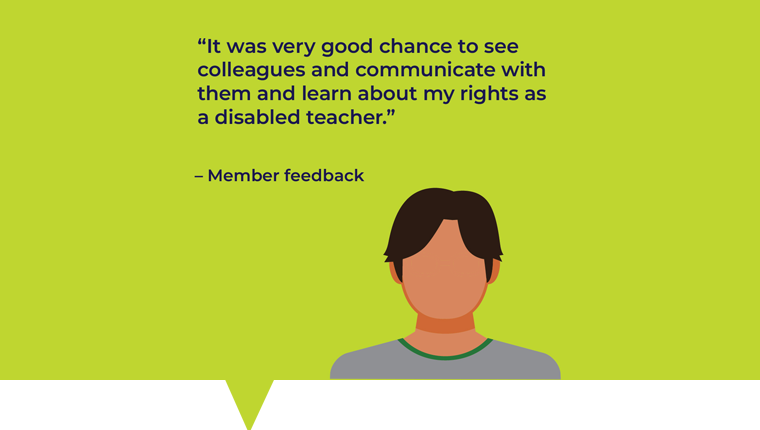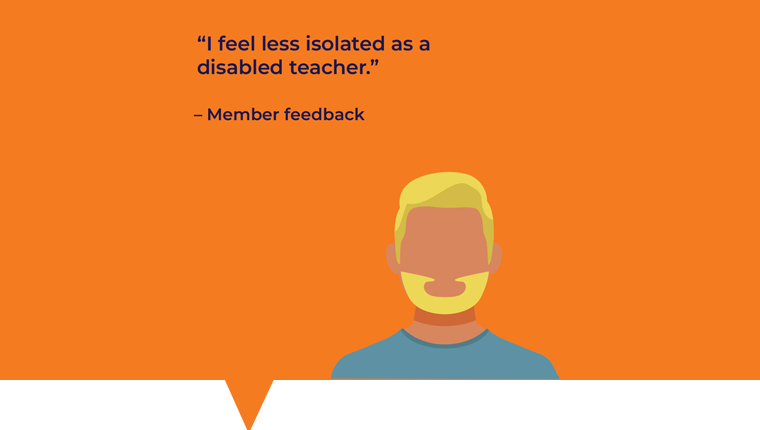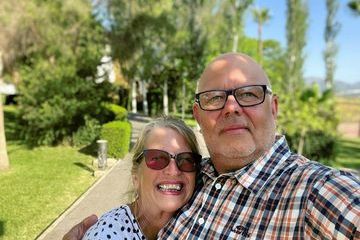The Disabled Teachers’ Consultation Conference offers a safe space to explore key issues and challenges you face in your career, share experiences with other disabled members and contribute ideas for the future of your Union.
These events are FREE to eligible members and provide you with the opportunity to take part in seminars and workshops.
Events will be listed in this section as they become available. Tap/click for details of the event and how to book.
NASUWT conferences and events are strictly for adults only due to the nature of the content shared and no children will be permitted into any areas of the conference.
Visit the accessibility guide for the Hilton Metropole
Disabled Teachers’ Consultation Conference 2026
The 2026 Disabled Teachers’ Consultation Conference took place at the Hilton Metropole Hotel in Birmingham on Saturday 31 January under the theme ‘Your Voice, Your Power: Shaping the Future for Disabled Teachers’.
Chairing the Conference, NASUWT President Wayne Broom welcomed Jane Peckham, NASUWT Deputy General Secretary. Ms Peckham was joined by Claire Ward, Chair of NASUWT Equal Opportunities Committee, to discuss issues that disabled members are facing in their workplaces and in wider society.
The following questions formed the basis of the discussion about how NASUWT can achieve further progress on disability rights:
-
What factors do you think prevent or discourage disabled teachers from declaring their disability in the workplace?
-
What has driven the Union to place increased emphasis on strengthening workplace support provisions, such as Access to Work, for disabled teachers?
-
In 2024, many disabled teachers were hopeful that a new government would lead to improved support and provision in the workplace. Eighteen months on, what are your expectations for how the Union should engage with this government to advance disability equality in education?
Deputy General Secretary discussion
Plenary session: Flushed with frustration! Why access to toilets at work is a fundamental right
Members gathered together for a presentation setting out the NASUWT Workplace Campaign designed to address the issues some teachers face in accessing adequate toilet facilities in schools.
NASUWT National Negotiating Official Wayne Bates outlined the issues, saying that in addition to the health impacts brought about by inadequate facilities, there are significant psychosocial implications, particularly for some disabled teachers.
The ‘School Toilet Facilities Campaign Toolkit’ provides a comprehensive guide to enable Workplace Representatives to advocate effectively for improvements in toilet and hygiene facilities, equipping you with the knowledge, resources and strategies needed to bring about positive change.
You can read about more about the basic legislative requirements for workplace sanitary provision and your rights on our Hygiene and Welfare page.
The day also included a choice of workshops:
-
Prevent, Protect, Respond: A Guide to Personal Safety at Work, Andrew Hastings, Secondary Behaviour Improvement Teacher, TESSA
-
Taking Charge of Your Wellbeing with WRAP (Wellness Recovery Action Plan), Barry Carmichael, Learning and Teaching Mentor, Dundee and Angus College
-
Finding Your Voice: Writing and Delivering Conference Speeches, Chris Weavers, NASUWT National Official (Campaigns and Communications)
-
Championing Inclusion: Supporting Neurodiverse Colleagues Against Microaggressions and Discrimination Wellington Suite, Claire Stroud, Red in the Spectrum
Confernce highlights
Other sessions that took place throughout the afternoon were:
-
Energiser, Sarah Hunt, Wellness Specialist, Conference Wellness
-
Access to Work: Debunking the Myths, Kat Downs, Vice-Chair of NASUWT Disabled Members’ Advisory Committee
-
Results of the Disability Survey, Claire Ward, NASUWT Chair of Equal Opportunities Committee, and Jennifer Moses, NASUWT National Official (Equalities and Training)
-
Breathing and Cooldown Session, Sarah Hunt, Wellness Specialist, Conference Wellness
At the close of the conference, members had an opportunity to network and continue to discuss the important issues raised throughout the day.
Feedback from members
Don’t miss out
If you’re not yet a member but want to attend our Disabled Teachers’ Consultation Conferences, and get access to other exclusive member benefits, why not join today?
You can find out more about why you should join us or go straight to our Online Joining site to take full advantage of our wider programme of events, training and discount scheme.
Want more influence?
The NASUWT is a member-led Union, which means you getting actively involved in your Union to support your colleagues and fellow teachers at work.
Getting active in the Union can take a variety of forms and will mean you get access to FREE training, support, and personal and professional development: you can be proud in the knowledge that you are undertaking a role that helps teachers in their workplaces.
Calculate your travel carbon footprint
As part of our commitment to reducing our carbon footprint, particularly at our conferences and events, we'd like to share a tool allowing you to understand the environmental impact of your journey and identifying low-carbon door-to-door travel plans that help you towards net-zero travel.
Try the You.Smart.Thing travel planner.
Anonymous feedback
If you require a response from us, please DO NOT use this form. Please use our Contact Us page instead.
In our continued efforts to improve the website, we evaluate all the feedback you leave here because your insight is invaluable to us, but all your comments are processed anonymously and we are unable to respond to them directly.

